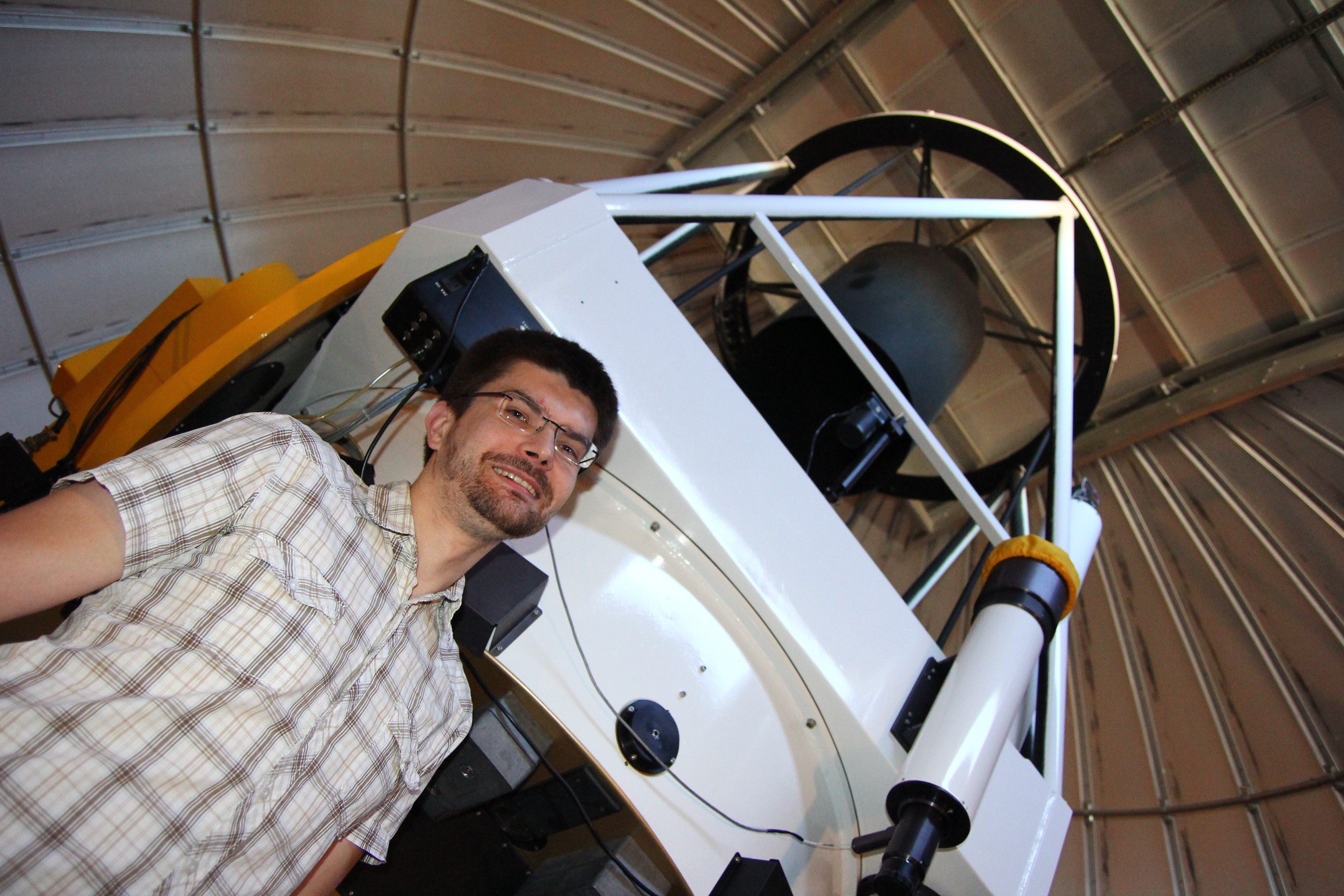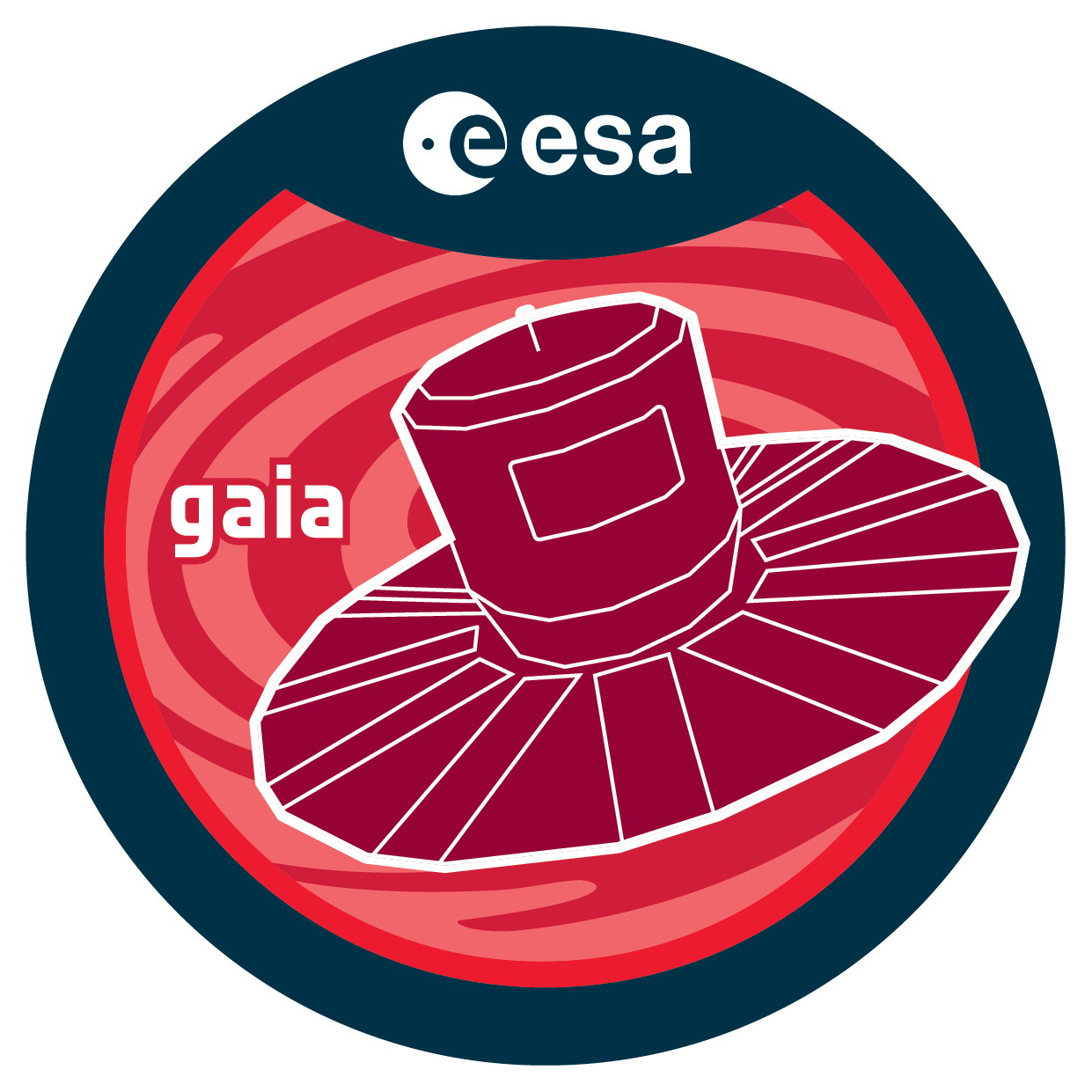Wyrzykowski Łukasz - Gaia
Gaia contributors
Gaia was proposed in 1993 and since then, many people have been involved in the Gaia mission, whether at ESA, at industry side or at one of the institutes involved in the Gaia data processing. The Gaia Data Processing and Analysis Consortium (DPAC) is a collaboration which consists of around 450 scientists and engineers.
The list of Gaia contributors presented here should not be considered a complete representation of the entire consortium and should not be considered as a list of currenly active people on the Gaia mission. A more complete list of Gaia contributors that were involved in the creation of the Gaia catalogues can be obtained from the author lists of the Gaia Collaboration overview papers (for Gaia Data Release 1 see here, for Gaia Data Release 2 see here, for Gaia Early Data Release 3 see here, for the full Gaia Data Release 3 see here, for Gaia Focused Product Release see here). A history of contributions to the Gaia mission can be found from the acknowledgements given with each data release.
Gaia DPAC members who wish to be featured on these pages can contact the Gaia Helpdesk. Anyone who wishes to be removed from this website can contact the Gaia Helpdesk.
 |
Łukasz Wyrzykowski Warsaw University Astronomical Observatory |
|
Lukasz Wyrzykowski (pronounced: woo-cash vi-shi-kov-ski) obtained his PhD in 2005 at the Astronomical Observatory of the University of Warsaw in Poland on studies of various aspects of gravitational microlensing towards the Galactic Centre with OGLE data. His research interests have been linked with the OGLE project (he is the member of OGLE project since 2000) and include studies of variable stars, quasars, supernovae and other transients, and search for dark matter and black holes with gravitational microlensing. He is also interested in machine learning approaches to the vast astronomical data sets. In years 2006-2015 he was a postdoc at the Institute of Astronomy in Cambridge, where in 2008 he joined Gaia DPAC/CU5/DU17. Together with Simon Hodgkin, Sergey Koposov, Guy Rixon and other researchers from Cambridge and Warsaw, he designed, developed and implemented the Gaia Photometric Science Alerts system, called AlertPipe. The system is operational since 2014 and detects various transient astrophysical events like supernovae and microlensing events. Lukasz has also initiated the ground-based network of telescopes to conduct follow-up of Gaia alerts, the network is organised under the umbrella of EC's OPTICON grant. He was also the main organiser of a series of seven Gaia Science Alerts workshops, held in Cambridge, Paris, Warsaw and other places. Currently he is back in Poland as a Lecturer at the Warsaw University Astronomical Observatory and continues his involvement in Gaia Alerts. He is looking for on-going microlensing events in Gaia and exploring the possibility of using Gaia's astrometric time-series to find black holes in the Milky Way via astrometric microlensing effect. Recently he has led the observing campaign of a spectacular binary microlensing event, Gaia16aye, see ESA's note and Gaia Image of the Week. He is also leading OGLE's search for supernovae and tidal disruption events. [Published: 03/10/2008, Updated: 21/12/2016] |
|
- Removed a total of (2) style text-align:center;
- Removed a total of (5) style text-align:justify;
- Removed a total of (1) border attribute.
- Removed a total of (1) cellpadding attribute.
- Removed a total of (1) cellspacing attribute.
Gaia people archive
- Removed a total of (1) style overflow:auto;
- Removed a total of (2) border attribute.
- Removed a total of (2) cellpadding attribute.
- Removed a total of (2) cellspacing attribute.








































 Sign in
Sign in
 Science & Technology
Science & Technology

